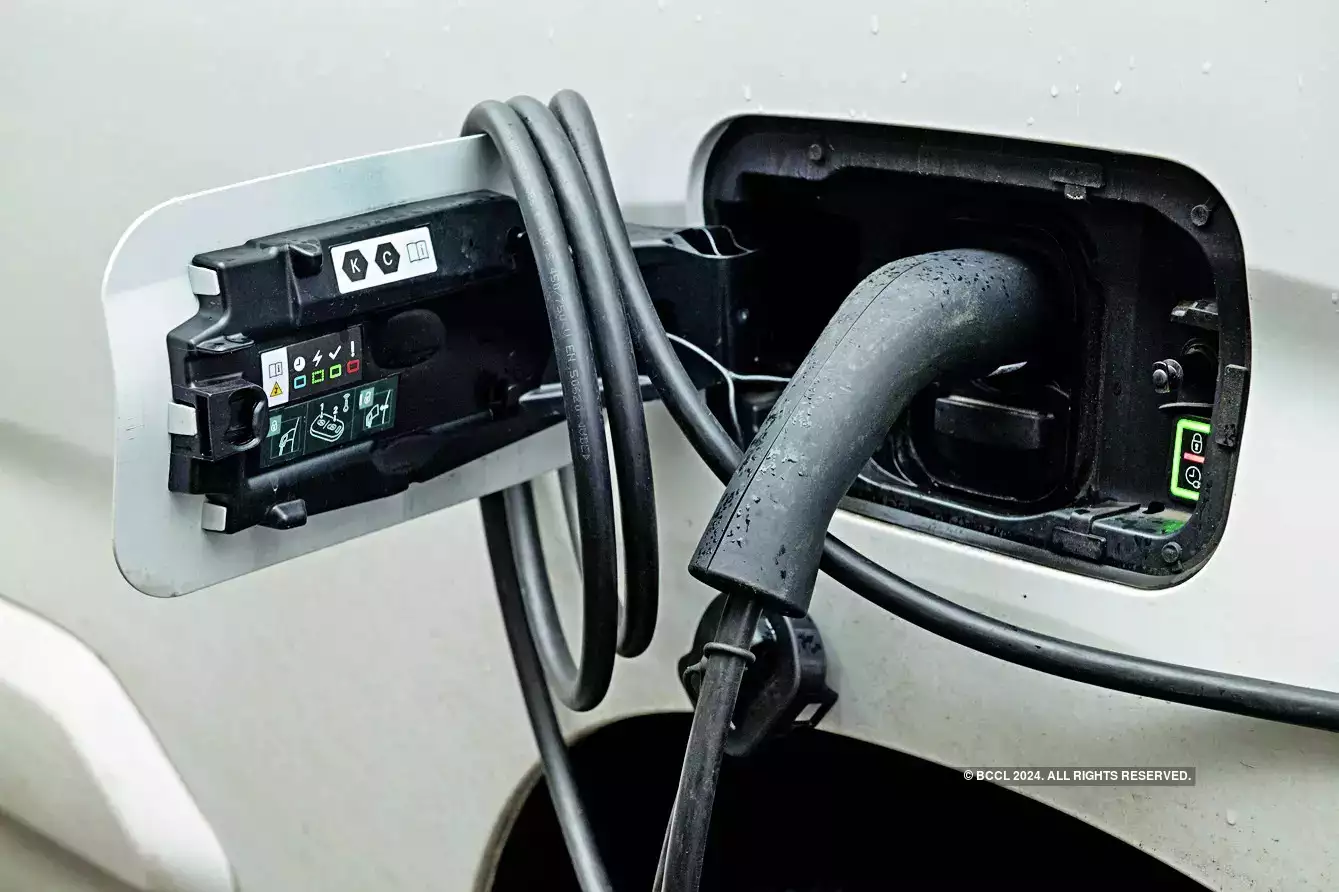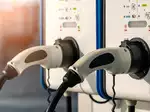Hard to see Chinese EV price deal by end of October, says EU official

The tariffs are due to be imposed after the European Union's anti-subsidy investigation into EVs, which is scheduled to conclude at the end of this month.
"I won't exclude it, but it seems very, very difficult to reach an agreement by the end of October, because (of)... the very complex, difficult issues to solve," the official said on Monday.
Negotiations could extend beyond then, but the official said the challenge was daunting because price undertakings, involving a minimum price, had so far been for homogenous commodities, rather than complex products such as cars with many different sales channels.
The European Commission has received minimum price offers from the Chinese Chamber of Commerce covering several EV producers and from a number of diverse individual exporters, the official said.
China on Saturday urged the EU not to conduct separate negotiations over prices of Chinese-made EVs sold in the bloc, warning this would "shake the foundations" of bilateral tariff negotiations.
The EU official said it would be "highly unusual" to focus only on one price undertaking and not look at the others. Indeed, the Commission was obliged to consider all offers.
The Commission believed the responsibility for finding a solution had been and would remain on the Chinese side.
The EU executive has said any minimum import price agreement must be in line with World Trade Organization rules, adequate to counter injury caused by subsidies, enforceable and possible to monitor.
It could be that some price undertakings are accepted from certain exporters, while tariffs remain on other companies.
A single price would not work, the EU official said, given different types of vehicles. Indeed, the minimum price might have to be different for different producers depending on the value of sales and their receipt of subsidies.
The proposed additional tariffs, from 7.8% for Tesla to 35.3% for SAIC, reflect the Commission's calculation of the subsidies they have received.
The Commission is also mindful of its experience a decade ago, when a minimum price undertaking replaced tariffs on Chinese solar panels. China now has a share of over 90% of the EU photovoltaic market.
The EU official said one failing was widespread circumvention of the measure. Any undertaking needed to be very carefully designed.
"It needs to be fully enforceable, and it needs to be monitored very, very closely, and the risk of circumventing undertakings need to be reduced significantly," the official said.

